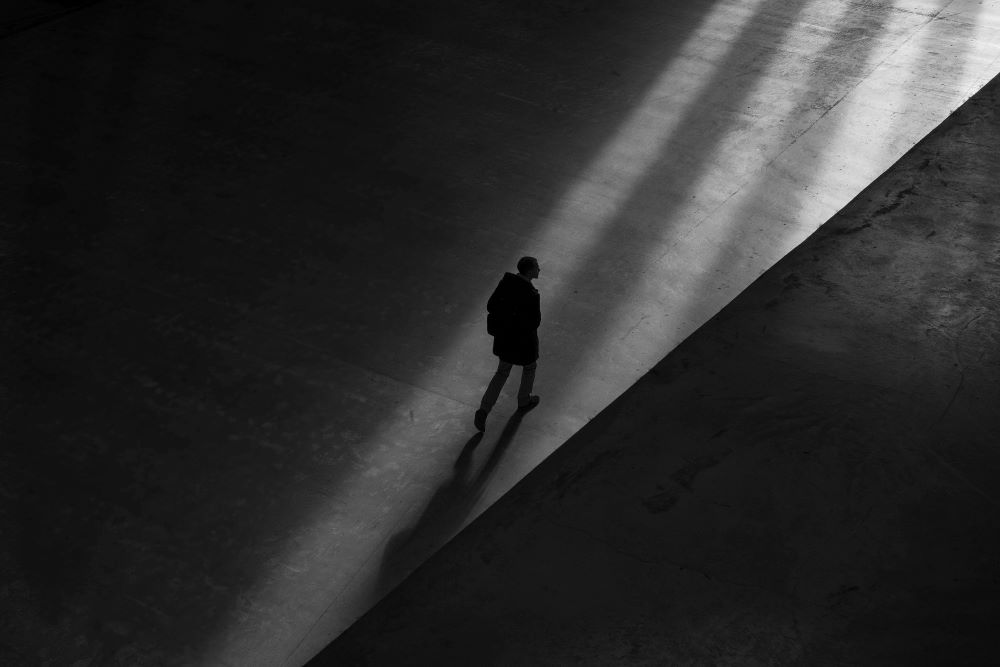Popular culture has the potential not only to entertain but also to enlighten, fostering a world where taboos around mental health in the legal profession are dismantled and addressed head-on.
The cinematic world offers a glittering view of professions, casting them in the ideal light that often starkly contrasts reality. The legal profession stands out among the many professions it portrays—lawyers are often shown as invincible knights of justice, unfazed by personal issues. However, this narrative often leaves out the intersection of the legal world and mental health. Let’s dive deeper.
The Enigmatic Lawyer of the Silver Screen
Our screens frequently light up with tales of lawyers who stand tall in adversity. Be it battling a fierce legal adversary in court, navigating intricate cases, or delivering fiery monologues that leave the courtroom (and the audience) in awe. The lawyers in pop culture are masters of their craft, individuals with unwavering dedication and an untouchable persona.
The Reality Behind the Robes
However, this glossy presentation often overshadows a more complex truth. Like everyone else, lawyers are human, with their set of vulnerabilities. The pressures they face are unparalleled—every case is a web of complexities, and every courtroom session is a battle not just against their legal adversaries but against time, expectations, and, often, their mental well-being.
Statistics shine a light on a disturbing trend—lawyers experience substance abuse at rates significantly higher than other professionals. An alarming proportion leans heavily on alcohol, using it as an unfortunate coping mechanism for the immense stresses they endure. But why is this dark subplot often missing from our screenplays?
Unmasking the Taboo
In the cutthroat world of law, admitting such challenges can be detrimental. The fear of being perceived as weak or unreliable means many lawyers suffer in silence. However, pop culture’s relentless portrayal of them as impervious to personal struggles only heightens their internal battles. The pressure to live up to these unrealistic standards further exacerbates their mental health challenges.
Pushing for a Culture of Change

Recognizing the issue is but the tip of the iceberg. There has been a growing movement towards supporting peers within the legal community. There is a budding support network, from counselling services to rehabilitation programs tailored to legal professionals. Yet, for broader societal change, the onus falls on the behemoth of pop culture.
Storytellers, scriptwriters, producers—everyone in the content creation chain has a responsibility. By introducing characters that are multidimensional and face real-life challenges, including mental health issues, they can paint a more accurate picture. Such a shift not only offers audiences more relatable content but can also play a pivotal role in normalizing discussions around mental health.
Audiences Hold the Power
However, content creators alone aren’t the sole flagbearers of change. As consumers of media, audiences wield significant power. Viewers can encourage a broader spectrum of stories by supporting shows and films that offer a holistic representation of professions. This shift is crucial, for as the narrative changes, it paves the way for societal perceptions to evolve.
The Way Forward
While applauding the victories of lawyers is essential, recognizing their struggles is equally important. Both aspects are integral to understanding the profession in its entirety. With its vast outreach, pop culture holds the key to unlocking a more understanding, empathetic world. By ensuring the stories of lawyers—their triumphs and tribulations—find a rightful place on our screens, we move closer to a society that appreciates and supports its legal heroes in every facet of their lives.
Conclusion
Lawyers, often placed on cinematic pedestals, grapple with challenges beyond the courtroom. As we gradually adjust our lens to view them not just as courtroom champions but as individuals with their struggles, we ensure an authentic and compassionate narrative. Through this shift, popular culture has the potential not only to entertain but also to enlighten, fostering a world where taboos around mental health in the legal profession are dismantled and addressed head-on. It’s high time our screens reflected the complete picture, making space for stories that resonate with depth, truth, and humanity.


Join the conversation!